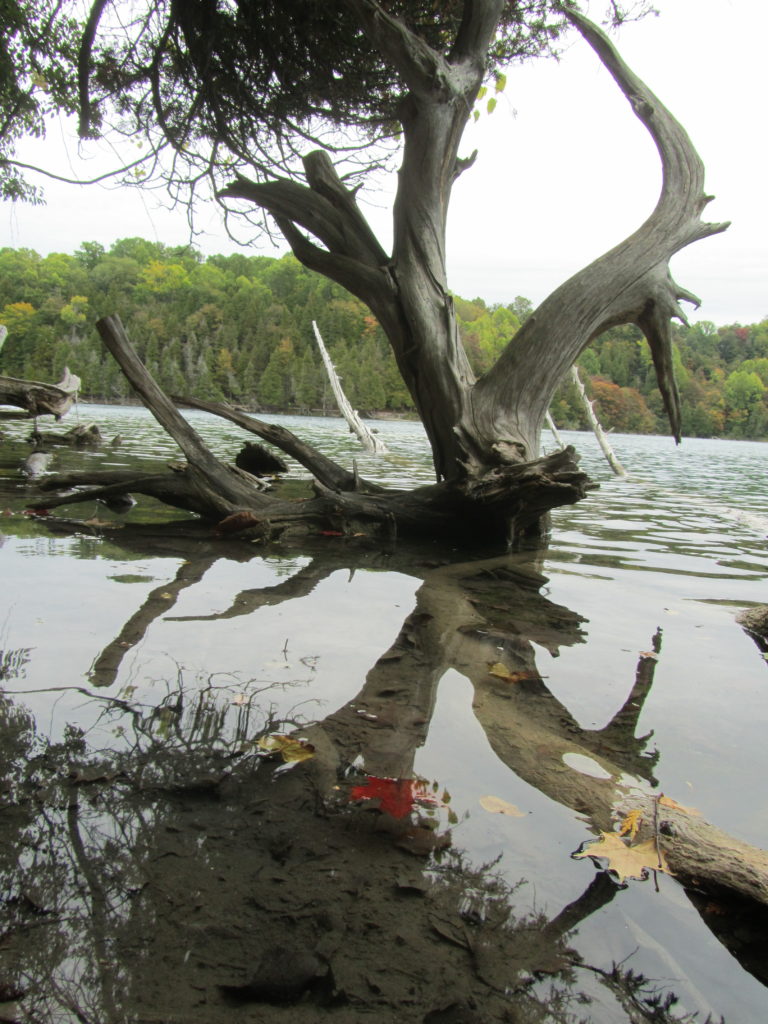Reflecting on Freedom in the “Land of the free”
Looking back on 9-11, there is no denying that we live in a dangerous world. Some of that safety – real or perceived –  comes at a cost. More than ever before, we are under surveillance, everywhere we go, with governmental record keeping (and tax collection), with cameras and online monitoring of our personal data.
comes at a cost. More than ever before, we are under surveillance, everywhere we go, with governmental record keeping (and tax collection), with cameras and online monitoring of our personal data.
I hear that, statistically, the world is a safer, less violent place now than in our historic pasts. This may be true for segments of the population, but many groups of people are denied the same rights and liberties in jobs, housing, health care and law that others might take for granted. In the United States, the groups most impacted by discrimination have shifted some over time due to changes in immigration patterns (with peoples of Middle Eastern and Hispanic descent currently most targeted), education and attitudes. Some groups, specifically African Americans and Native Americans (or First Peoples), continue to feel the legacy of abuse that lingers from our historical wrongs as a nation.
These patterns of oppressed and oppressor repeat throughout recorded time. In many parts of the world – including parts of the U.S. – women continue to be abused and treated as second-class citizens. Lack of understanding and outright ignorance around gender identity places some members of the LGBTQQ community at risk of discrimination and violence. Persons with different abilities than the general population and people with mental health diagnoses are other groups where freedoms are more tenuous. Economic status, particularly poverty, which can be exacerbated by complex co-factors, also results in threats to personal freedoms.
In general, again statistically speaking, more people in more places share legal freedoms than others that came before. De facto freedom is not the same as what is etched into the law books, and how freedoms are understood and put into practice are constantly changing. In the United States (and I presume elsewhere in the world), freedom means different things to different people and these disparities in belief and practice result in resentment and hostilities and social and political divides.
Merriam-Webster online defines freedom as:
1 : the quality or state of being free: such as
a : the absence of necessity, coercion, or constraint in choice or action
b : liberation from slavery or restraint or from the power of another : independence
c : the quality or state of being exempt or released usually from something onerous
freedom from care
d : unrestricted use gave him the freedom of their home
e : ease, facility spoke the language with freedom
f : the quality of being frank, open, or outspoken answered with freedom
g : improper familiarity
h : boldness of conception or execution
2 a : a political right
b : franchise, privilege
In using this series of defining characteristics, we can easily see that someone who has to choose between two different healthcare options – one of which has a higher chance of offering an extended and pain-free life – based on ability to pay is not truly free. Someone who has to hide their gender identity due to potential job loss or a threat of physical and emotional harm is not truly free. Likewise, someone who is not able to speak freely (through verbal or written words or demonstrative actions) their beliefs due to potential harm of retaliation by individuals or governmental entities is not free. Although none of us has absolute freedom absolutely, the disparity in freedoms is something that we all should be conscious of and concerned about.
The relative nature of freedom is also evident when it comes to the lives of children. Many of my peers have shared recollections of childhood freedom to explore and move about, alone or with friends, in school, after school and during school breaks. Children’s lives now are much more controlled, their time and whereabouts accounted for and more
decisions are made for them, reducing their abilities to learn from their actions. If this is indeed a safer time, in general, than when we were kids – which I suspect it is – then such close monitoring of our children is not needed and could, in fact, do more harm than good. Parents and educators can allow children opportunities to be independent and grow while still offering guidance and support.
Being able to build confidence and critical thinking skills, to learn how to move within the social world and interact with people in meaningful ways requires active exploration, trial, and error.
However, we live in a litigation nation where liability and a wide range of paternalistic measures reduce personal accountability for our actions, everything from hot coffee to a crack in a sidewalk is seen as an affront worthy of legal action. This extends to parenting, and allowing children more room to roam also opens parents up to criticism and potential legal actions. Over protection of children (and a citizenry) can allow for the slow deterioration of freedoms. Dictatorships and other groups and individuals seeking absolute power favor a populace that does not know what freedom is. Individuals, and nations, not acclimated to freedom struggle when they find themselves without the controls to which they have become accustomed, and seek security through controlling factions. They often fail to understand that with rights come responsibilities. Freedom, and being free, is a learned skill acquired over time. This is why the most viable democracies are those whose peoples fought for freedom, and defined their freedoms over time. Slow progress is more likely to be lasting progress, but there is never a time when all are free. The continued fight for freedom is inevitable – especially in the wake of the unthinkable.
D.E. Bentley ~ Editor, Owl Light News